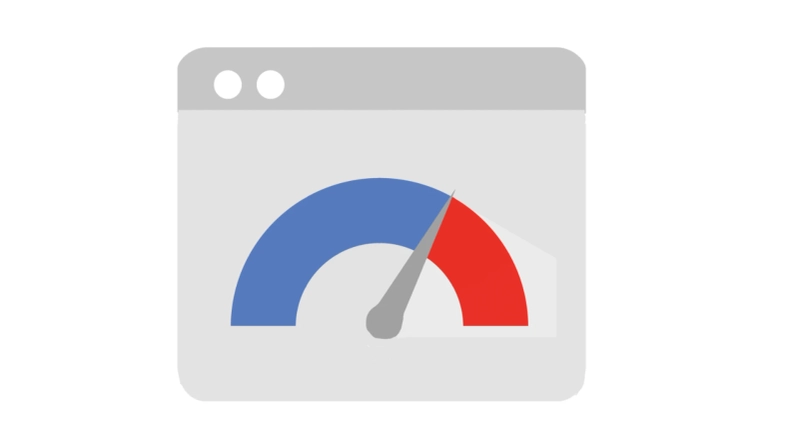Page speed is the time it takes for a page to load completely. From the host to the design, including the weight of the images, the difference in speed between the two sites can be explained by a multitude of factors. The loading time thus has an impact on both users and search engines. Internet users are actually less likely to stay on a website if it takes too long to load. For its part, Google hates and penalizes websites that are too slow. Finally, logically, a fast website will have a positive influence on the conversion rate of users.
Page speed matters to Google
Since Google announced in 2010 that it was going to consider page speeds as a ranking factor, it estimates a page to be slow beyond 2-3 seconds of loading.
The American giant wants to offer the best possible user experience to Internet users and the loading time of a site is part of this perspective. It is obvious that an average visitor will stay longer on your site if he can move from page to page quickly. The quality of its UX or user experience will undoubtedly be enhanced.
If Google favors fast websites, you still have to put into perspective the impact of your page speeds on your SEO. Also in 2010, Google announced that only 1% of search engine results were subject to a penalty due to this criterion.
Page speed matters to visitors
Loading time is not only important for your Google SEO, but it also conditions the user experience. 1 in 4 visitors will leave your page if it takes more than 4 seconds to load. Clearly, quality UX often leads to better conversions. The speed of the pages of a website is therefore paramount, especially for e-commerce sites, because pages that are too long to load will dissuade the user from completing your form or going to the end of his purchase.
In the case of a site that generates income through advertising on its content, the loading speed will also have a direct impact on the total number of pages viewed by the Internet user. For example, if a site found that its conversion rate had increased by 2%, just by optimizing the speed of its pages. Every second of your speed improvement reduces the likelihood that the user will leave your site prematurely or abandon their purchase.
What factors can decrease your page speeds?
Optimizing the speed of your website requires a number of actions that, if not taken, can be detrimental to you. The loading speed of your pages depends on:
Your browsers, applications, plugins: applications using Flash for example can seriously degrade your page speeds. Test your website on different browsers to verify its behavior;
Your host: your hosting performance will vary depending on the price you're willing to invest. In the long run, a low-cost web host may lead you to fairly low upload speeds. Choose your web host according to the size of your website;
Your theme: some themes are quite heavy and will decrease your page speeds if they contain too many effects and designs;
Your advertisements: Too many advertisements will have the effect of slowing down your site and exhausting your user at the same time;
Your images: Some high-definition images can seriously weaken your loading performance. It is, therefore, necessary to compress them in PNG in order to maintain their quality and reduce their weight. For logos and pictograms, use JPEG instead;
Your widgets: share buttons, comment boxes, calendars, and other widgets affect the speed of your pages;
Your code: your HTML / CSS code impacts your loading times. Clean it so that it is not too dense and complicated;
Your Hosted Media: Videos from third-party sites are qualitative content, but they can also weaken your site's speed. Save these videos on your own web host to save time;
Many tools exist to help you analyze and improve the performance of your page speeds (PageSpeed Insights, OnCrawl, Pingdom Website Speed, Web Page Test, etc.) and even if the mobile versions of the sites are mostly the most failing in terms of loading speed, think about optimizing yours, even in a classic version with a view to better natural referencing.


